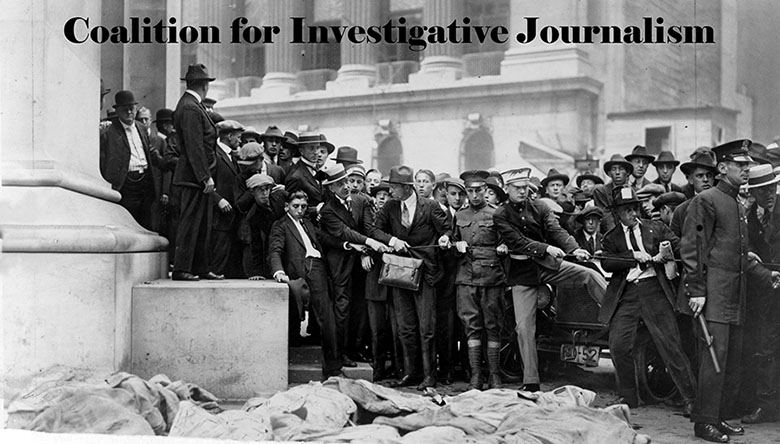Publishing Works
Many journalists feel that books and e-books are the best medium to present large-scale investigative endeavors. However, due to paranoia over the so-called “Litigious American Society,” very few professional book publishers are willing to support journalism that employs the same standards for ethics and factual reporting used in newspapers and magazines. Commercial book publishers believe books are “more permanent forms of documentation” than newspaper or magazine pieces, and therefore present a higher risk for lawsuits. In the new digital world, this thinking is antiquated, if not patently false: The vast majority of newspaper and magazine articles published today are permanently stored in their on-line versions, and most are currently free and far more accessible than information in any book. Nevertheless, even accomplished journalists who hope to bring investigative findings to the public in the form of a book face a corporate oligarchy ruled by agents and publishers more concerned with profits and marketing schemes than the objectives of excellent journalism. Reporters who manage to slip through this gauntlet can expect to have their publisher’s legal department demand unnecessary, often unacceptable, changes to content, including the altering real names and even real places involved in their investigations.

The CIJ is exploring ways to stand-in as a publisher for critical investigative reports, books and e-books. This is why several members are considering the possibility of transitioning from a club to a non-profit organization, depending on the timeline for forming a board of directors. Such a transition would allow the group to apply for major grants toward publishing expenses. Any journalist who is currently published by the CIJ is responsible for securing his or her own grant funding for the majority of associated costs, while using the CIJ’s resources, members and networks for assisting with critical media exposure. Until a nonprofit status is obtained, CIJ membership is unofficial, so legal liability around a published work will remain with the author. A future non-profit status would likely change these guidelines and allow for a more mainstream approach to publishing the long-form works of journalism the public needs and deserves.
"The fact is that censorship always defeats its own purpose, for it creates, in the end, the kind of society that is incapable of exercising real discretion."
— Henry Steele Commager, author of The Growth of the American Republic
"We are not afraid to entrust the American people with unpleasant facts...For a nation that is afraid to let its people judge the truth and falsehood in an open market is a nation that is afraid of its own people."
—John F. Kennedy

